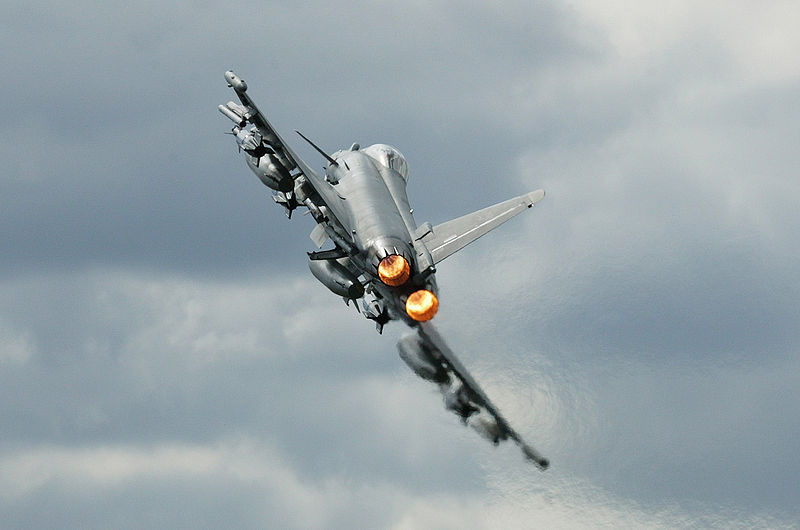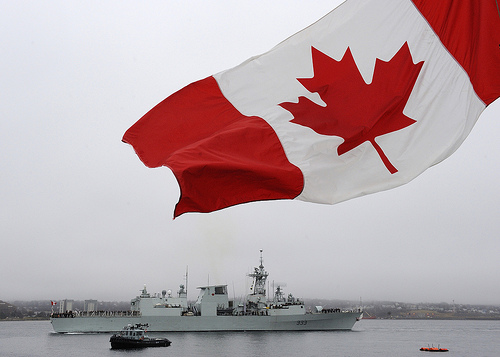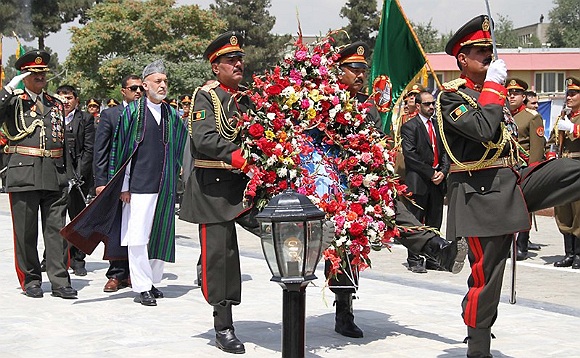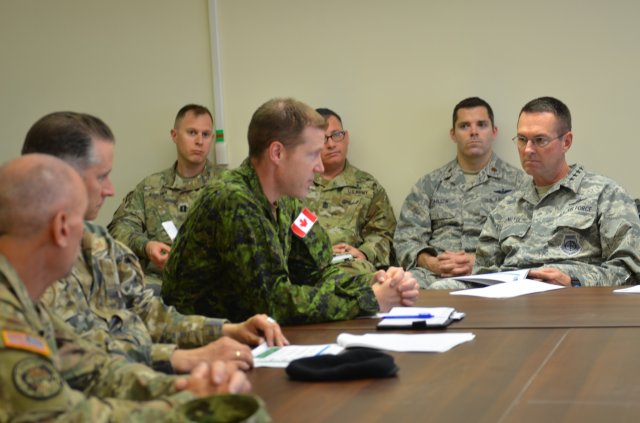In late 2016 the European Commission presented a Defence Action Plan with the aim of boosting the EU’s hard power capabilities. The plan proposed creating a European Defence Fund, discussed in Part I of this series. Because the fund is insufficient in ensuring Europe’s security, more ambitious measures must be taken in years to come: one such proposition is the creation of an EU army, proposed by Jean-Claude Juncker in 2015. Part II concluded that while this army would bolster the EU’s security, the path to its formation is long and strewn with obstacles.
An intermediary step in ensuring a capable European defence is creating a competitive European defence market and a European Defence Technological and Industrial Base. These measures would lay solid foundations on which to build the future of European hard power.
Paying More for Less
A strong European defence requires, at its foundations, an “efficient defence industry operating in a genuine and innovation-enhancing Single Market.” The reality, however, is far from this. EU members currently spend large amounts on their national defence industries and markets, while receiving little in return. They notably waste between €25 billion and €100 billion annually, due to the lack of competition and economies of scale in the European defence market.
The defence industry is a major industrial sector in Europe, directly employing 500,000 workers and indirectly generating 1,200,000 jobs. With an overall turnover of €97,3 billion in 2014, it is a major contributor to the EU’s growth. However, this sector is highly regulated at the national level and must often deal with labour shortages. Furthermore, it is currently experiencing a general lack of opportunities in terms of new major defence industrial projects and less collaborative projects because of reduced defence spending amongst EU member states. The lack of sustained and coordinated investment in defence directly challenges the EU’s ability to procure defence capabilities for the next generation. While affecting the Union’s strategic autonomy, it puts the EU’s ability to act as a security provider in the future in question.
At the same time, as stressed in Part I of this series, the European defence market must also cope with the duplication of capabilities and higher research and development costs because of the lack of competitiveness and economies of scale. Whereas EU companies do not hesitate to compete for foreign contracts, the path towards a competitive European defence market has been obstructed by individual EU member states seeking to protect their national industries. The market’s competitiveness is partly hindered by governments who hold shares in several leading European defence companies. Through these shares, governments influence management decisions and often protect their national companies from foreign takeovers.
If it wants to be one of the leading defence actors of tomorrow and to ensure a stable foundation for its defence, the EU must both establish a competitive defence market and an efficient defence industry.
A Competitive European Defence Market
A more open and competitive single market for defence would facilitate economies of scale, optimize production capacity, and lower unit production costs. To achieve this objective, the European Commission enforces its directive on defence and security procurement, which aims to coordinate procedures for contract awards in defence and security. This should be complemented by its directive on EU transfers, which introduces a simplified licensing system for intra-EU transfers of defence-related products. Furthermore, the Commission hopes to simplify cross-border participation in defence procurement, help develop industry standards, and encourage the contribution to sectorial policies (i.e.: EU space programmes).
The above-mentioned measures are only a first step. A perfectly competitive defence market would entail the privatization of defence companies and free entry of companies into the market. This would lead to competitively-determined fixed prices and to more take-overs between firms. To reach this objective, the EU must consider annulling Article 346 of the Lisbon Treaty, which states that “any member state may take such measures as it considers necessary for the protection of essential interests of its security which are connected with the production of or trade in arms, munitions and war material”. Otherwise, the EU defence market will continue to be characterized by duplicated products and high prices set by protected state-owned firms. It is, however, unlikely that states will agree to annul Article 346, as many see their defence companies as a source of national pride (many European defence companies are among the world’s leading defence firms).
Towards a European Defence Technological and Industrial Base
This competitive market should be coupled with an innovative and efficient European Defence Technological and Industrial Base (EDTIB). A DTIB organizes the infrastructure, institutions, and ideas that ensure the security of supply of armed forces with defence material. This system also protects services against political risks (i.e.: another state blocking the means of warfare) and industrial risks (i.e.: companies unable or unwilling to supply the means of warfare). Integrating national DTIBs into an EDTIB would lead to self sufficiency for security of supply along with the emergence of a better coordinated and less duplicative European defence industry. Moreover, an EDTIB is key in providing the EU with the capacity for autonomous action when responding to international crises and the ability to affordably cooperate internationally in the development and production of next generation defence equipment.
Whereas the EDTIB was inaugurated by EU member states in 2007, more needs to be done for it to be fully operational. Establishing a more competitive defence market is only a first step, which should be complemented by increased investments in the defence sector. Collaborative projects, bundling demand for shared capabilities (i.e.: common procurement) and greater pooling of resources are further important steps in ensuring an EDTIB. The European Defence Fund will help EU members cooperate on joint research and development projects and acquisitions. Once the EU has established both a competitive defence market along with an efficient EDTIB, it will strengthen its security and lay solid foundations for further hard power capabilities. These measures will also establish the EU as a major international security provider and potentially as a developer of next generation security capabilities. However, it remains to be seen whether EU members and institutions will have the desire, will, and courage to embark on such projects, or if they will continue settling with the status quo.
Photo: A Eurofighter Typhoon (2010) via Wikimedia Commons.
Disclaimer: Any views or opinions expressed in articles are solely those of the authors and do not necessarily represent the views of the NATO Association of Canada.




